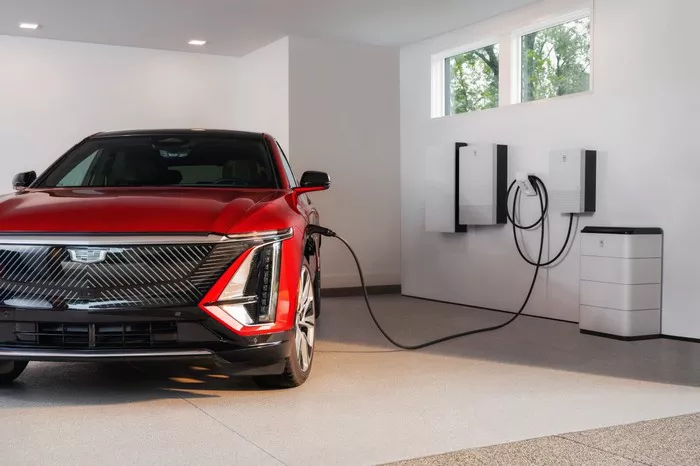Amid increasing concerns over power outages caused by extreme weather events, a growing number of homeowners are turning to electric vehicles (EVs) as an unexpected yet effective source of backup electricity. This shift in preparedness strategies was the focus of a recent discussion on the preppers subreddit, where users explored the practicality of using EVs to maintain essential household functions when the grid goes down.
One forum member initiated the conversation by sharing accounts of people who had used fully charged electric vehicles during recent hurricanes to provide backup power for up to two weeks. “I’ve heard a few recent stories from the hurricanes where fully charged electric cars provided 1-2 weeks of backup power for basics like refrigerators, phone chargers, stoves, etc.,” the original poster wrote, asking fellow preppers if they considered adding an electric car to their emergency plans.
The subreddit, known for its focus on self-sufficiency and preparedness in the face of natural or human-made disasters, saw a surge of responses. The discussion highlighted the role of EVs in supporting critical appliances, such as refrigerators, in the event of a power outage. For those living in regions prone to extreme temperatures, this backup power can be a life-saving measure, ensuring food stays fresh and vulnerable individuals stay safe without the need to find alternative accommodations.
While traditional preparedness often includes stockpiling food or growing one’s own produce, the idea of using an EV for emergency power offers an additional layer of security. It could even help mitigate financial losses by preventing food spoilage.
Several forum members shared their personal experiences with using EVs as emergency power sources. One commenter, who owns a mix of gas, diesel, and electric vehicles, explained the capabilities of their Ford Lightning EV. “Not all EVs have what’s called V2L (Vehicle to Load) capability, but the ones that do have varying levels of output. You have to understand what you’re getting in terms of output and runtime… I can run my home for about a week,” they shared.
Another user, who relied on their 2022 Kia EV6 during Hurricane Helene, discussed the benefits of using the EV as a nighttime power source. “We didn’t want to run a generator all night as it was very wasteful, plus it could be stolen. The EV was a perfect solution for times when you don’t want to run the generator,” they wrote.
A third commenter described how their Ford Lightning helped power four neighbors’ refrigerators and provided power to their own home for three days during a recent storm.
As extreme weather events, such as Hurricanes Milton and Helene, continue to increase in frequency and intensity, the conversation surrounding EVs as backup power sources is becoming more practical and less speculative. Experts attribute the rising severity of these storms to climate change, driven in part by pollution from fossil fuels. In this context, the idea of relying on cleaner, renewable energy sources—such as EVs—during emergencies is gaining momentum as a sustainable and reliable solution for homeowners.
With power outages expected to remain a common occurrence in the wake of extreme weather, integrating electric vehicles into emergency preparedness plans may prove to be a wise investment. By reducing reliance on fuel-powered generators, homeowners could not only save on energy costs but also contribute to a more sustainable future.
Related topics:

